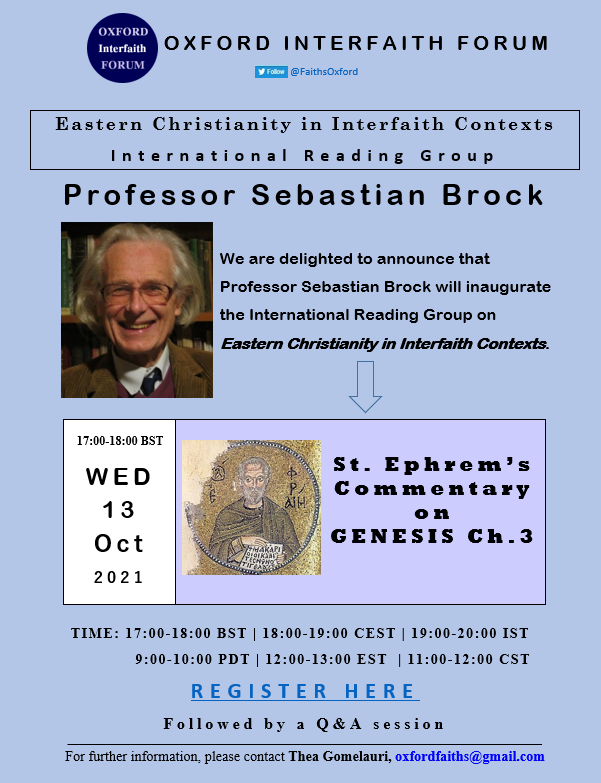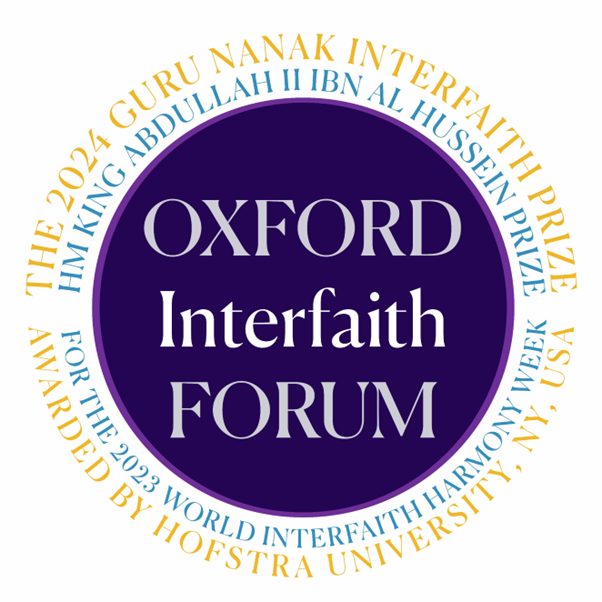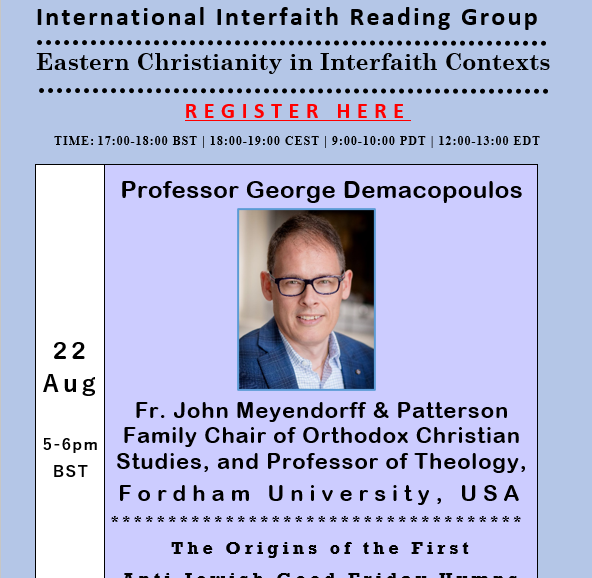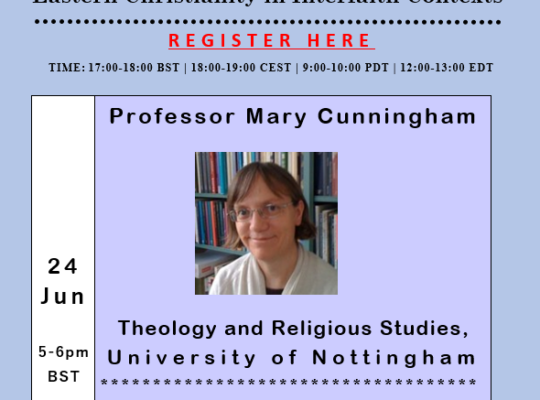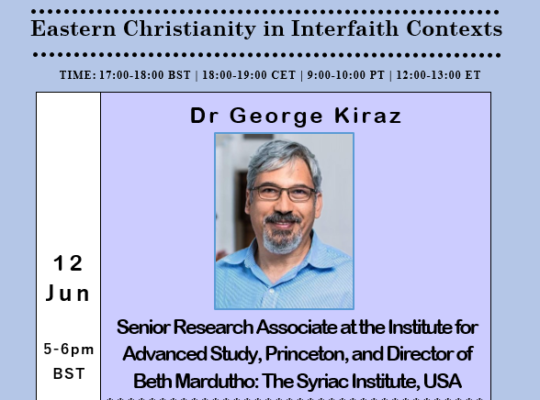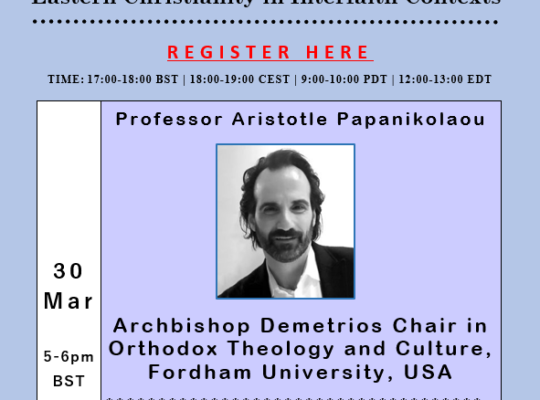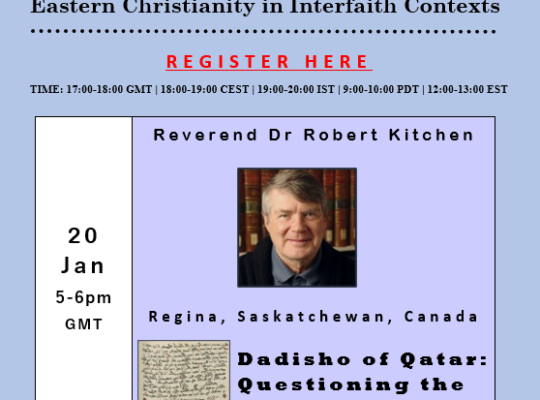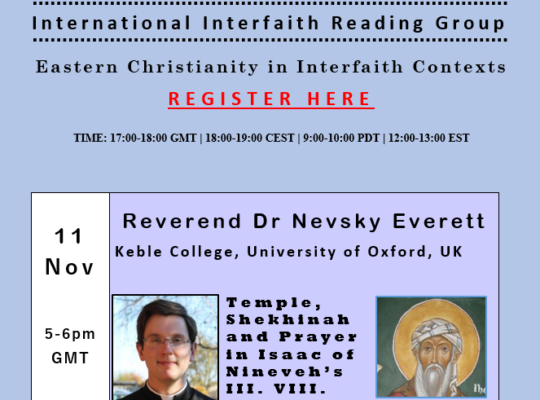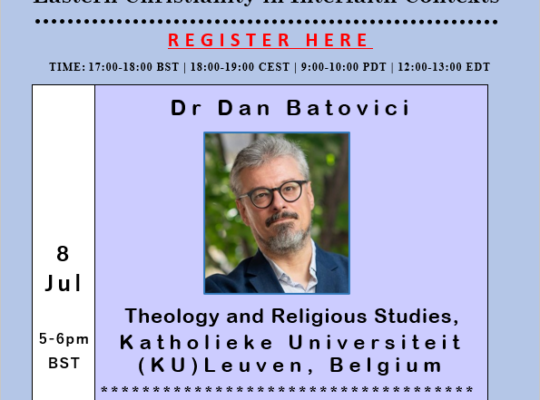22 August, 2024
We are deeply honoured to welcome Professor George E. Demacopoulos, Fr. John Meyendorff & Patterson Family Chair of Orthodox Christian Studies and Professor of Theology at Fordham University, USA, to lead a session of the Eastern Christianity in Interfaith Contexts Reading Group.
Here are more details of this fascinating event.
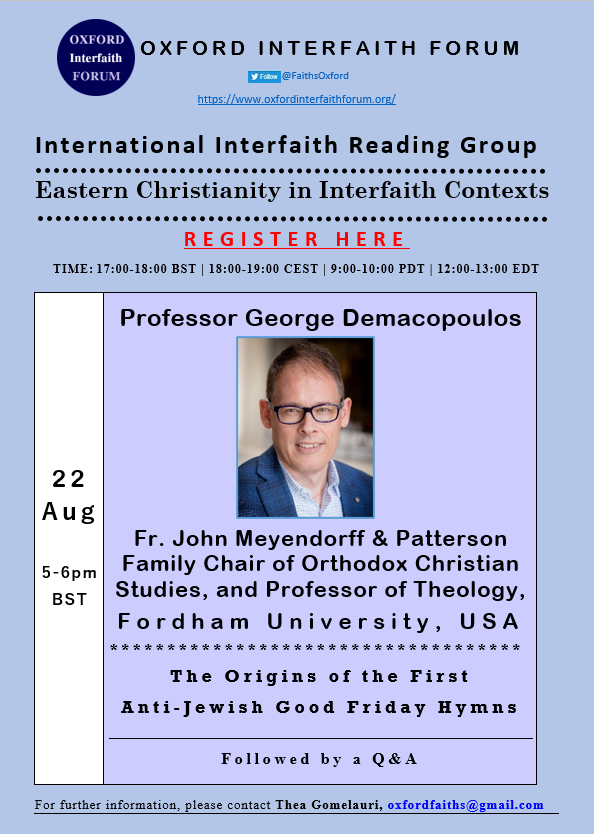
Title: The Origins of the First Anti-Jewish Good Friday Hymns
Abstract: The oldest surviving Christian hymns designed exclusively for Holy Week are a set known as the Idiomele. They were composed by monks in Palestine during the reign of the Roman emperor Justinian. In the modern Orthodox Church, these twelve hymns are sung during the Royal Hours service of Good Friday morning. The final and most famous of these hymns is sung during two additional services (Holy Thursday evening and the Apokatalypsis service on Friday afternoon). Apart from their antiquity, the most noteworthy feature of these hymns is they were the first to blame “the Jews” for the death of Christ. My goals with this paper are four-fold. First, I will demonstrate that the presentation of the Jews in the Idiomele constituted a dramatic change from earlier hymns that reflected on the crucifixion of Christ. Second, I will argue that this change represents more than a mere rhetorical or apologetical shift, but constitutes a profound theological shift. Third, I will demonstrate that this change was precipitated by an explosion of Jewish/Christian violence at the time of composition and that these hymns likely reflect a form of anti-Jewish revenge literature. Finally, I will suggest that the Idiomele have been unwittingly preserved down to the present day by a series of individuals and institutions that presumably knew nothing of the origins of their composition and who have been either incapable or unwilling to address their theological incoherence.
Speaker’s Biography: Professor George E. Demacopoulos is Fr. John Meyendorff & Patterson Family Chair of Orthodox Christian Studies and Professor of Theology at Fordham University. Along with Aristotle Papanikolaou, he co-founded and co-directs Fordham’s Orthodox Christian Studies Center. He currently serves as co-editor of the Journal of Orthodox Christian Studies as President of the Byzantine Studies Association of North America, and as a Senior Fellow in Byzantine Studies at Dumbarton Oaks. He is the author of four monographs and co-editor of six scholarly volumes. His fifth monograph, Sacralizing Violence in Byzantium: Hymns, Empire, and the Narrowing of Christian Identity will be published by Dumbarton Oaks in early 2025.
Chair: Professor Sebastian Brock, FBA, University of Oxford, UK.
Date: 22 August, 2024
Time: 17:00-18:00 BST | 9:00-10:00 PDT | 12:00-13:00 EDT
Venue: online
If you would like to join the Eastern Christianity in Interfaith Contexts Reading Group, please sign up here.
Recording of the Session
Handout
Related Sessions:
- The Peshitta and the Making of the Antioch Bible
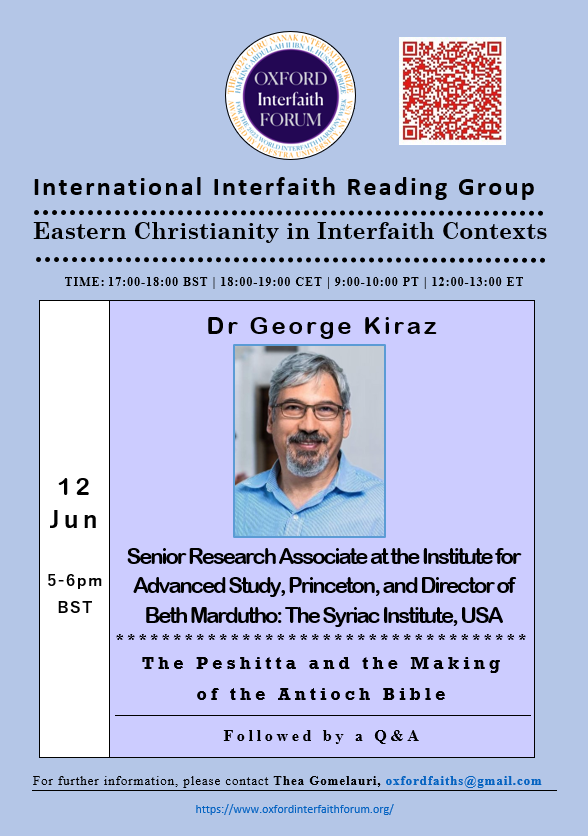
- Narsai’s Memra 49, on Adam and Eve: O Instructive Fault!
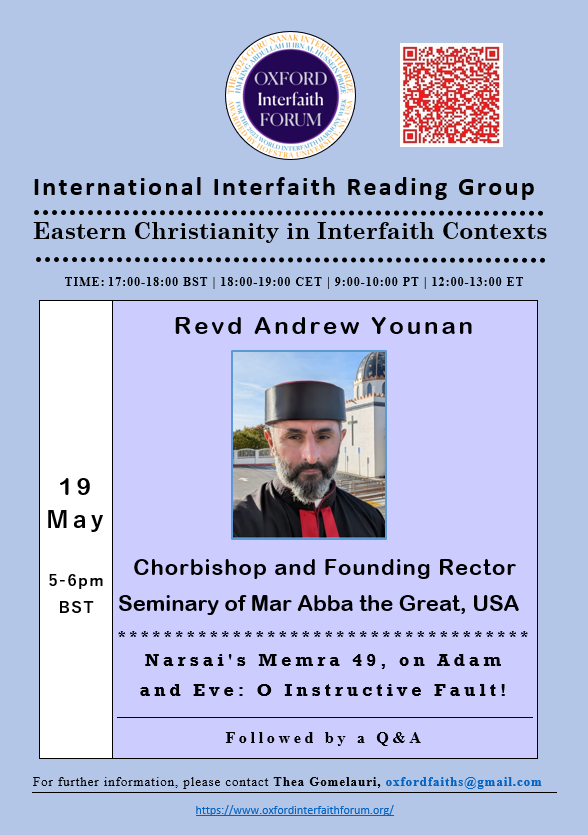
- Basil of Caesarea and Gregory of Nazianzus on the Problem with the Devil
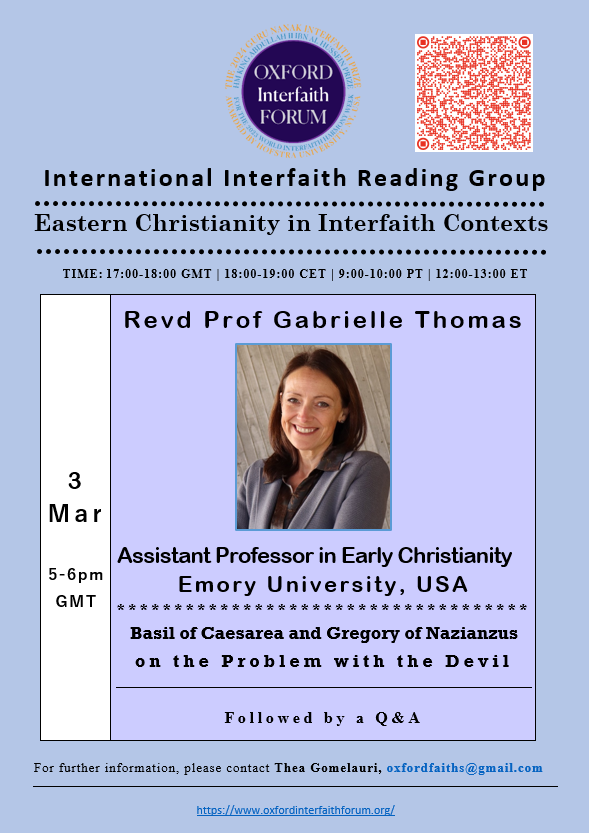
- Byzantine Aristocrat, Monk, Mystic and Dissident: Symeon the New Theologian (949-1022)
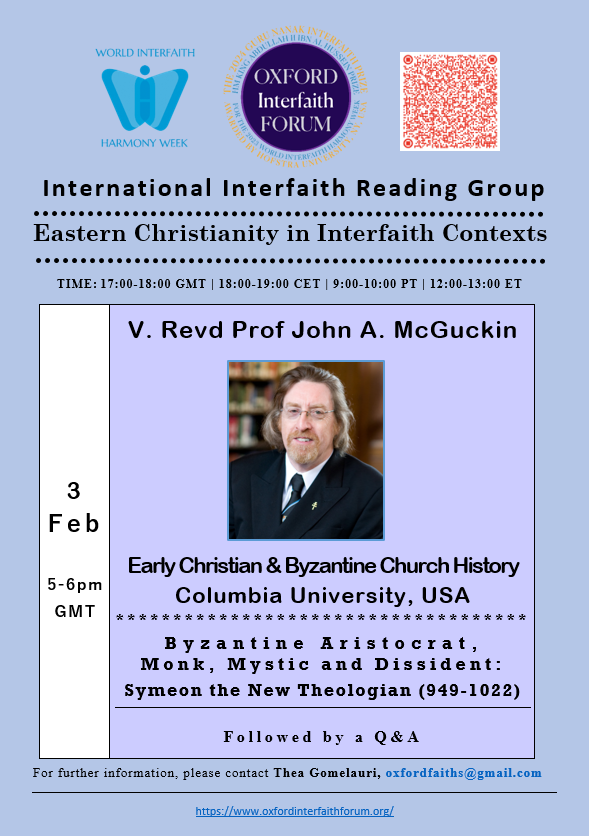
- Heavenly Hours: Creation and Time in the Syriac Testament of Adam
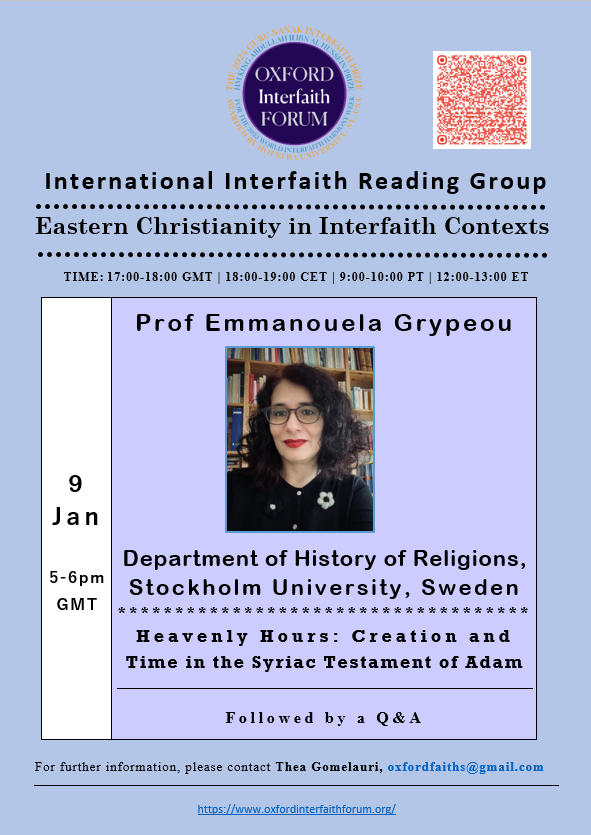
- The Monastic Homilies of Isaac of Antioch
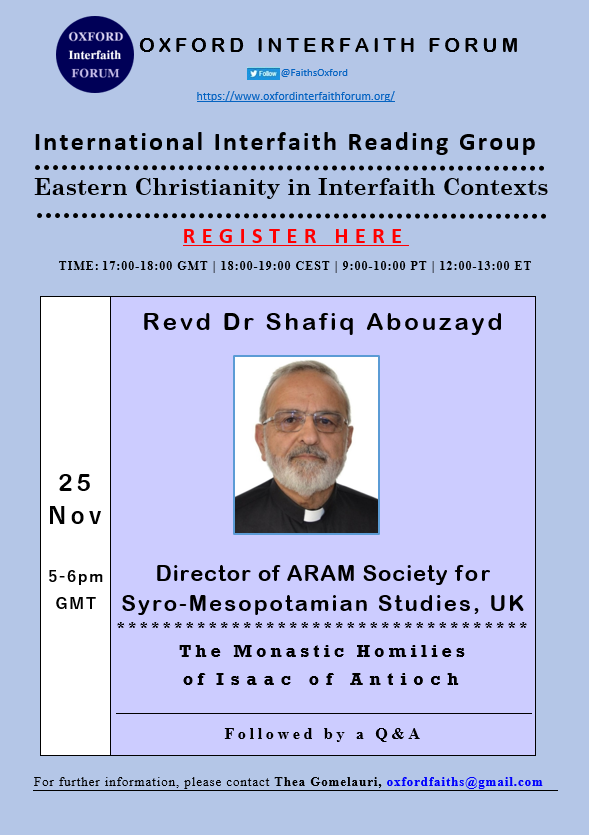
- Christian Trees
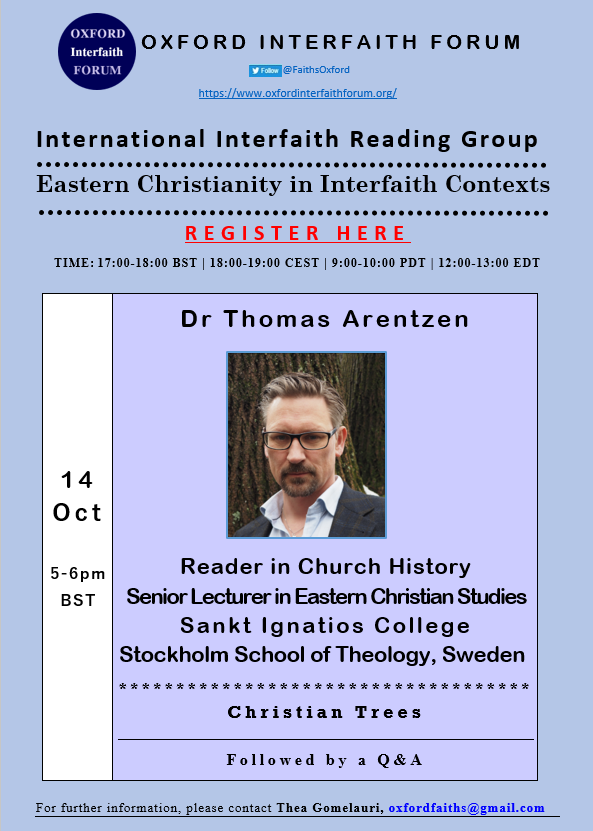
- Dialogue and Fire in a Fragmentary Syriac Martyrdom Narrative
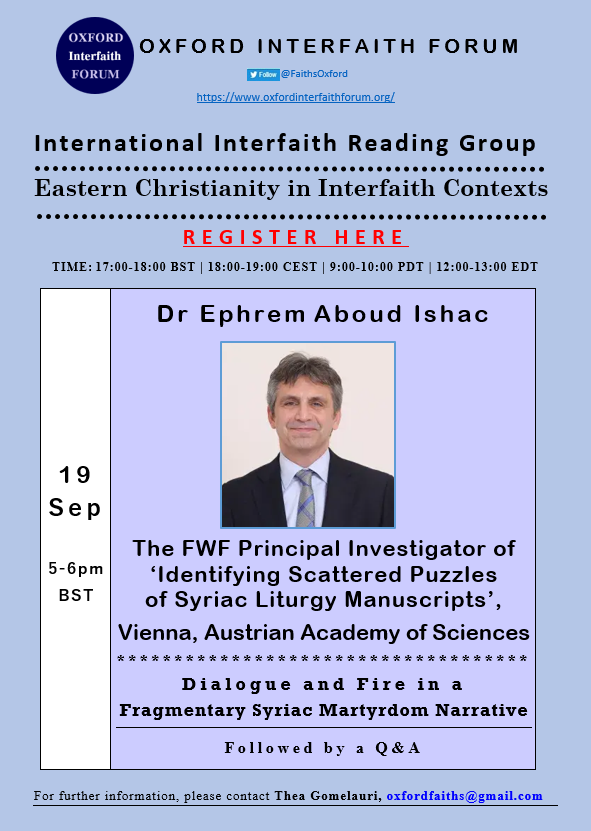
- The Origins of the First Anti-Jewish Good Friday Hymns
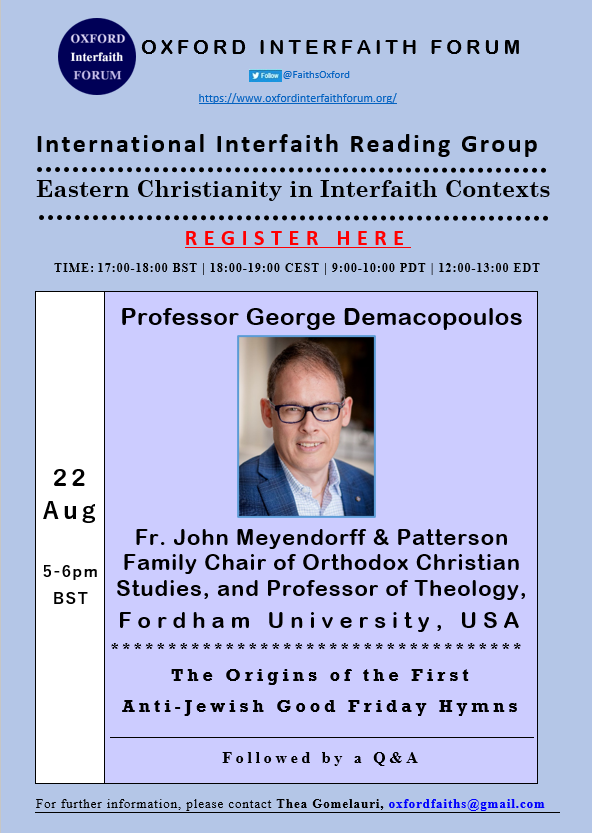
- Finding a Home: The West Syriac Context of the Clementine Epistles on Chastity
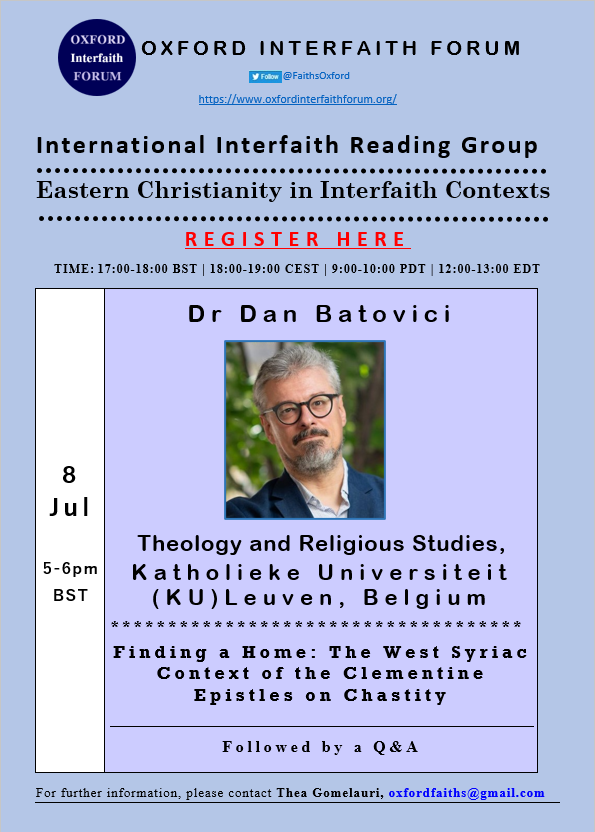
- Who was Mary, the Blessed Virgin and Mother of God? A Byzantine hagiographical narrative by the ninth-century Monk Epiphanios
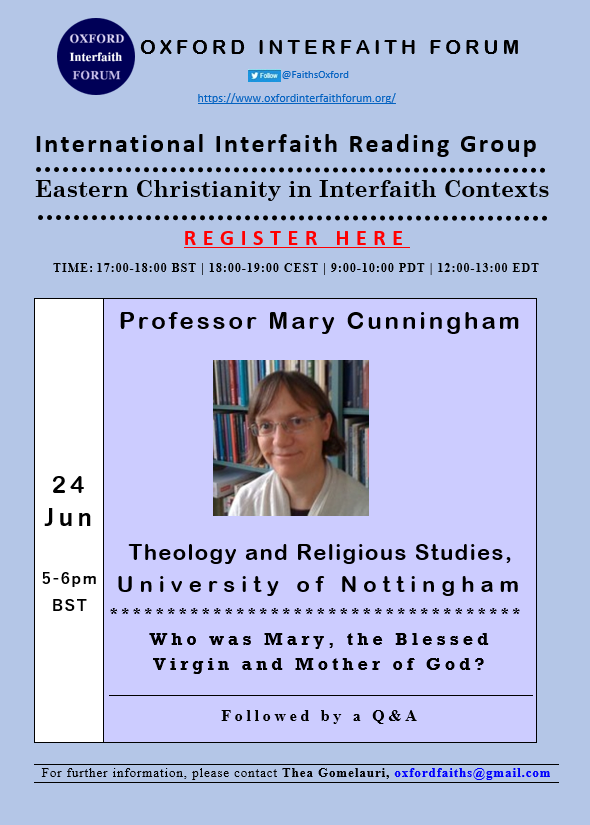
- Nikos Kazantzakis and Orthodox Christianity
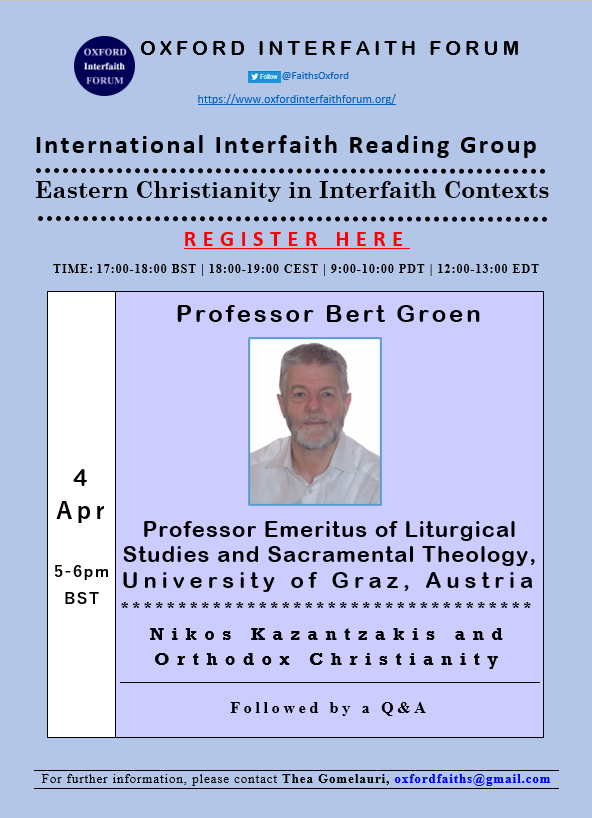
- The Miracle of Pilgrimage: A Coptic Journey to the Holy Land During the Ottoman Period
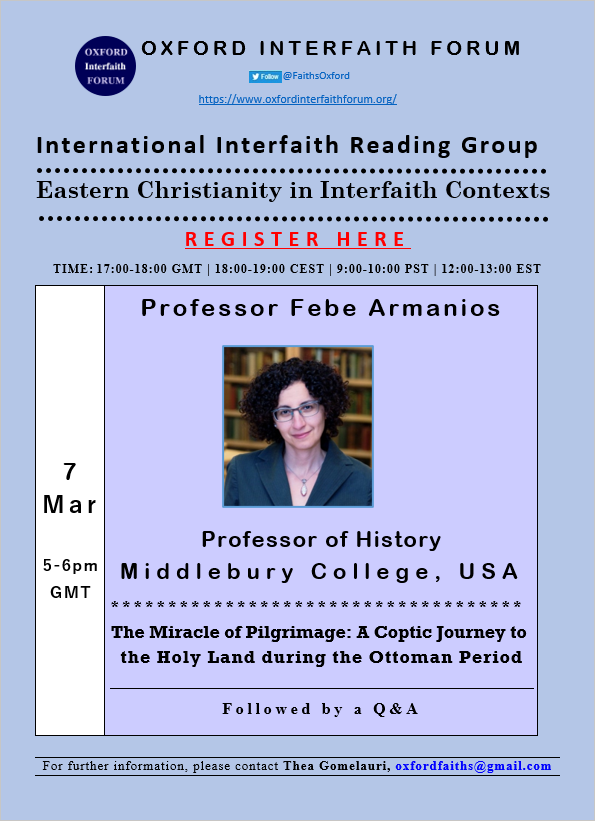
- Setting the Stage: The Rose of Performance in Studying Late Ancient Hymnody
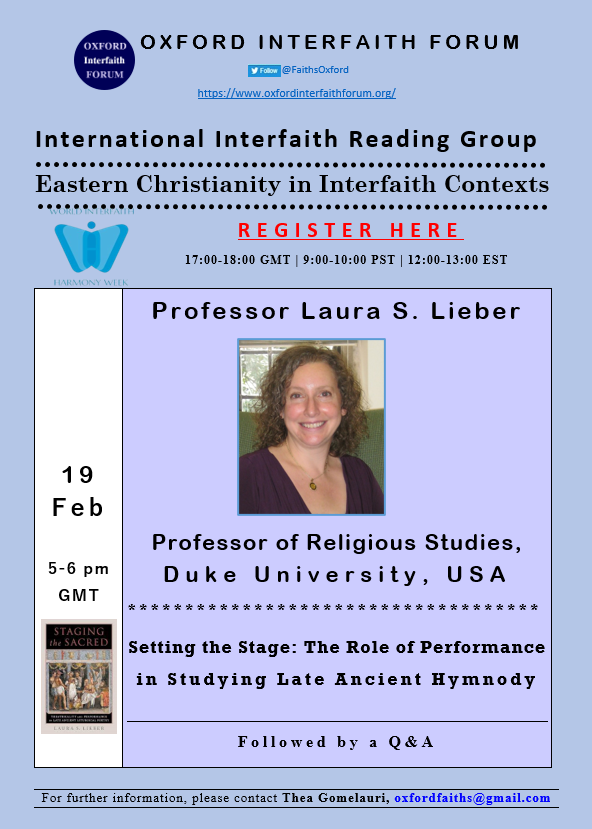
- Ephrem the Syrian and a New Beginning in Syriac Poetry
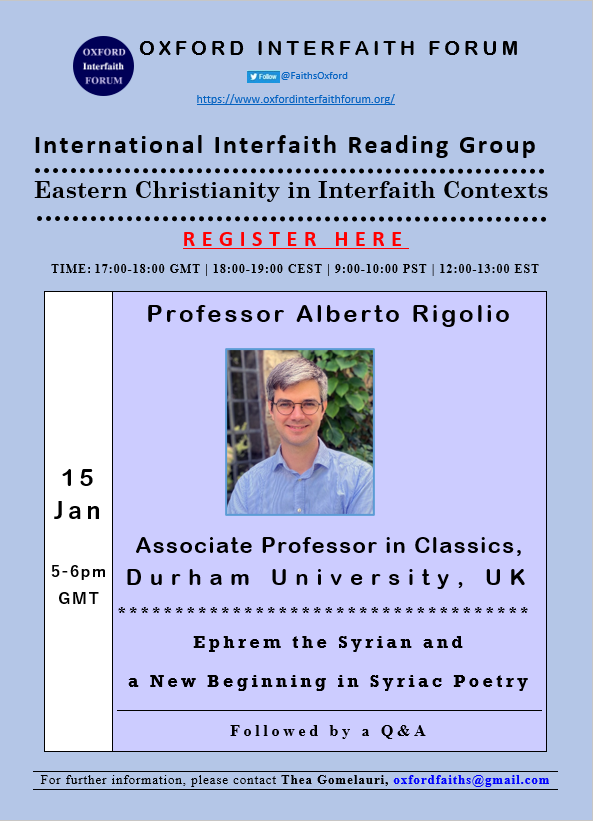
- A Jew Reads the Gospels in Syriac: Azariah de Rossi’s Critique of the Vulgate (1577)
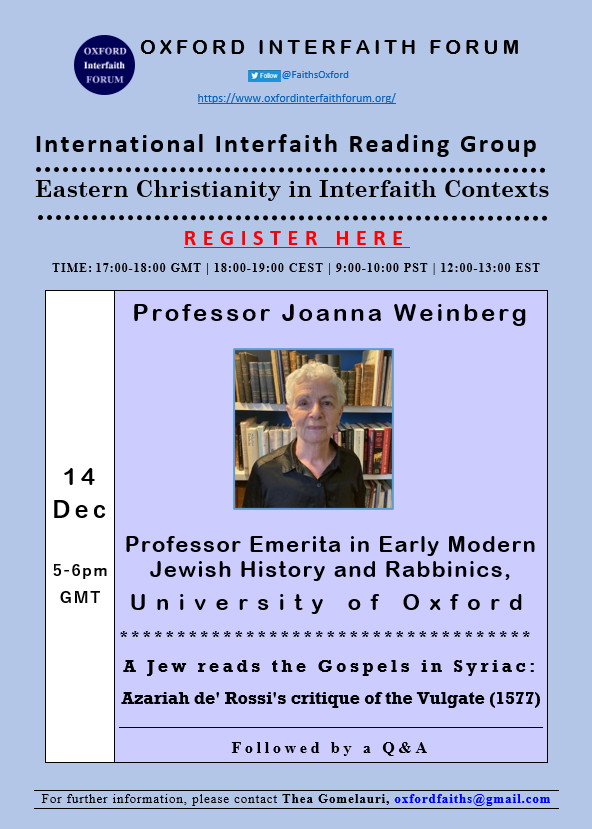
- The Manuscript Project at the Coptic Monastery of St Paul the Hermit at the Red Sea, Egypt
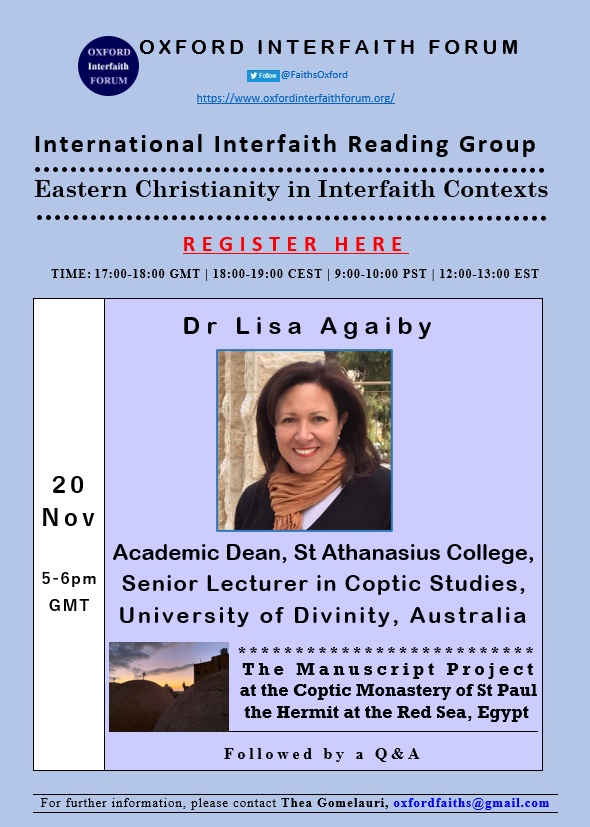
- Mary’s Ordeal: A Syriac Narrative Poem on Many and Joseph
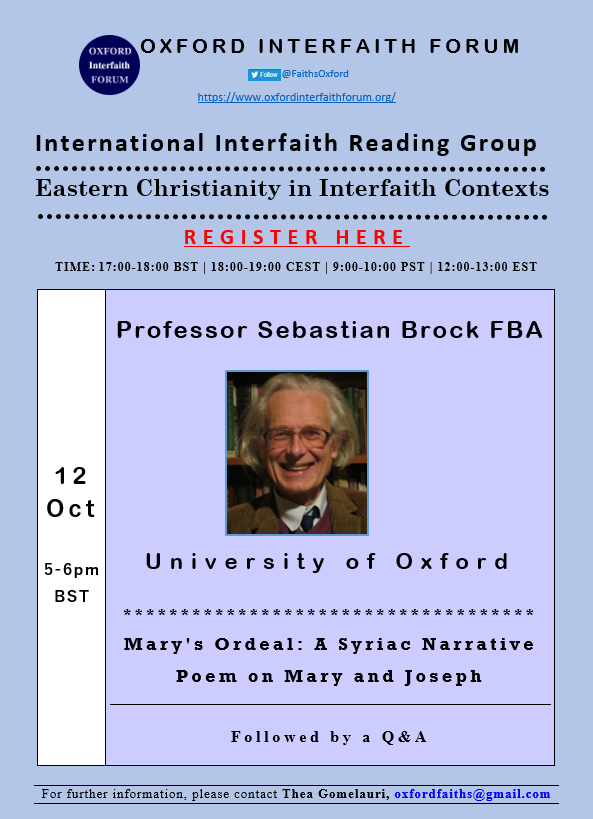
- Resurrection of the Human Body according to John of Dara’s Mimro I:4
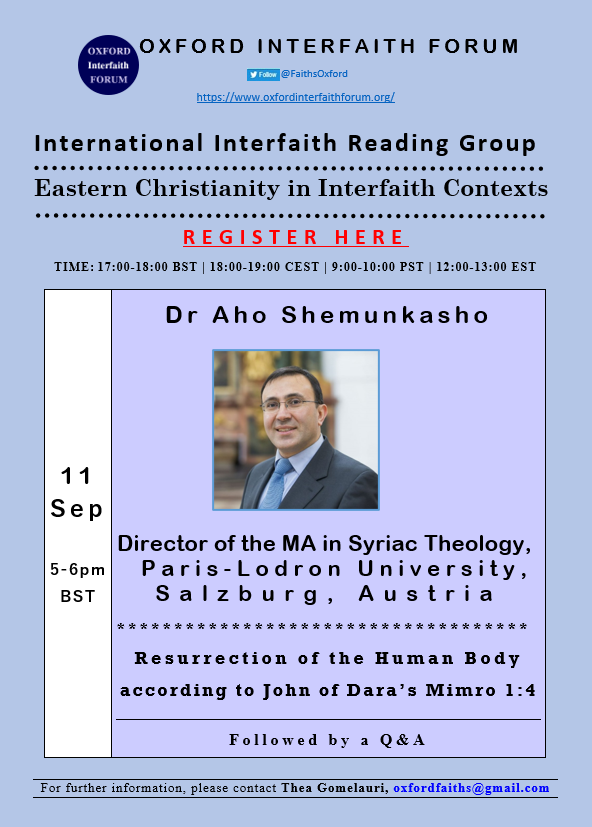
- Gregory of Nyssa: On the Human Image of God
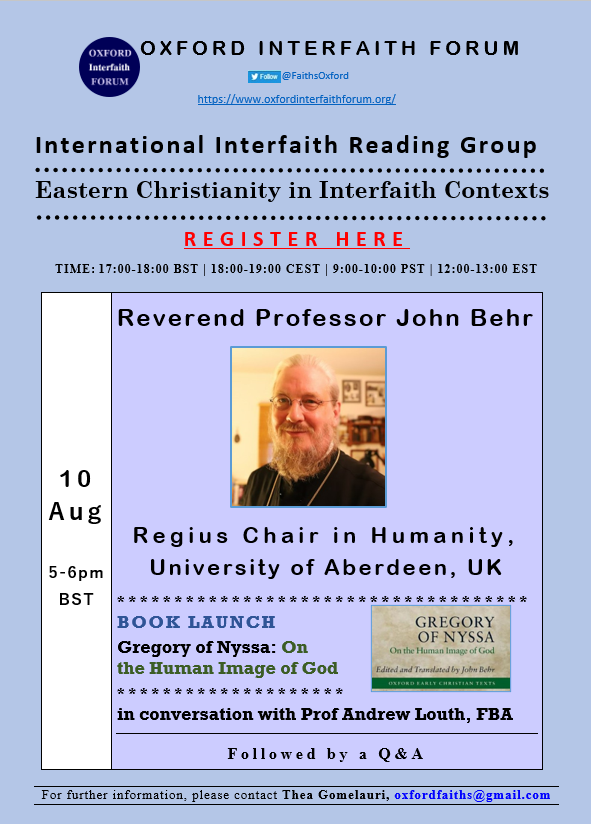
- ‘Conception by ear’ and Redemption of the Human Sensorium in Ephrem’s Thirty-fifth Madrasha on the Church
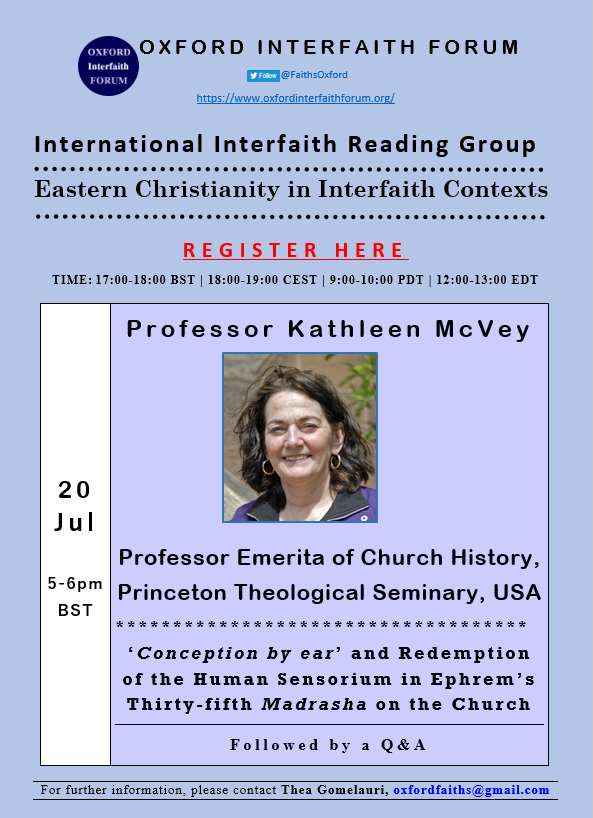
- From Edessa to South Arabia and Back: The Syriac Story of Bishop Paul and Priest John and Models of Sanctity in the Medieval Middle East
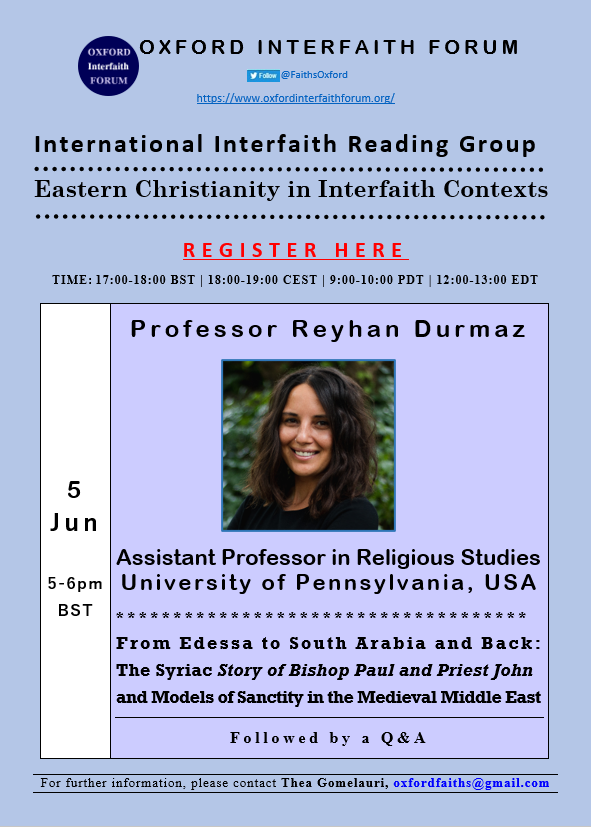
- Wrestling with Calculating-Thoughts: Mental Training according to Evagrius of Pontus
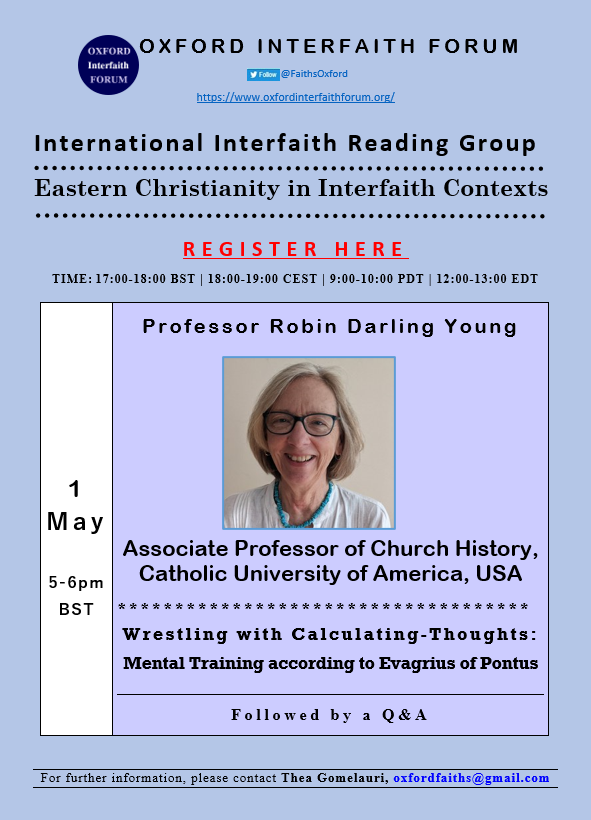
- Returning the Ticket: God and Evil in the Brothers Karamazov
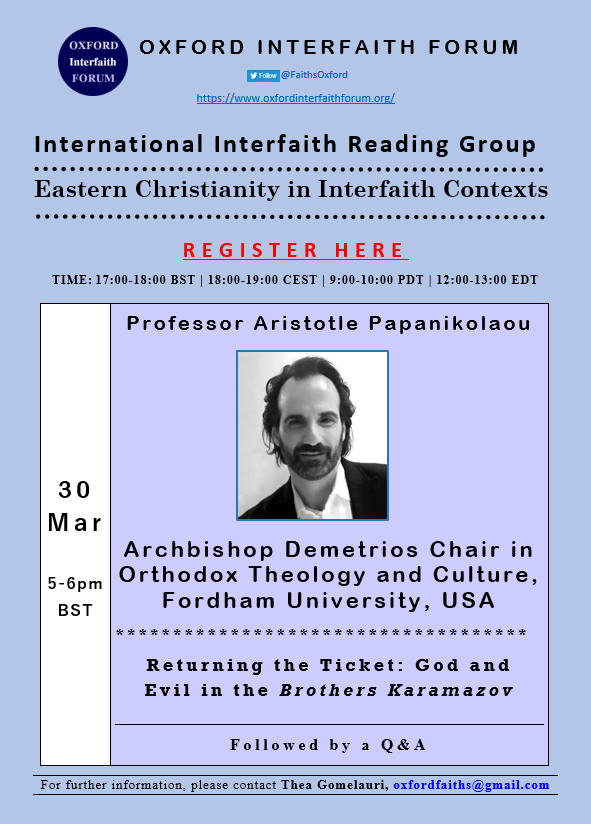
- Ecumenical Patriarch Athenagoras: an Orthodox Dialogue with Islam
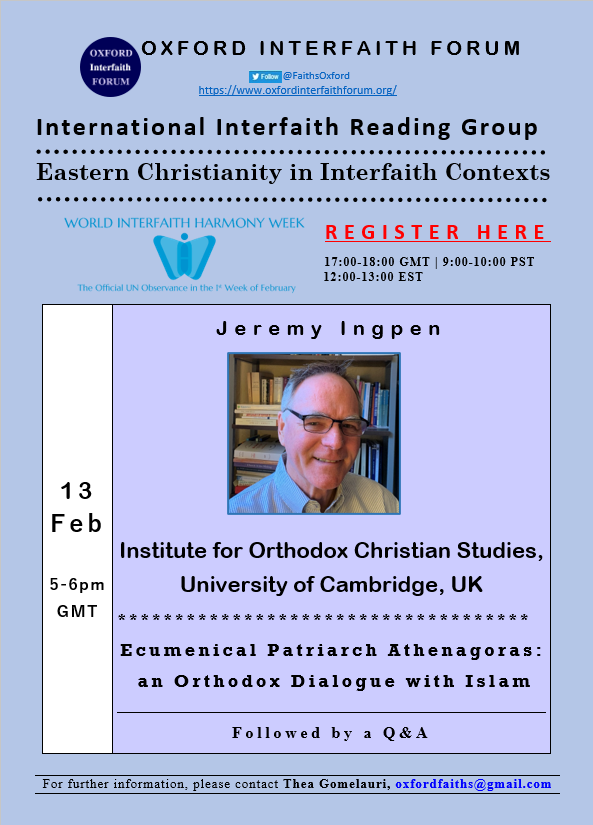
- Matta el-Meskin/Matthew the Poor: a ‘Contemporary Desert Father’ on Christian Unity
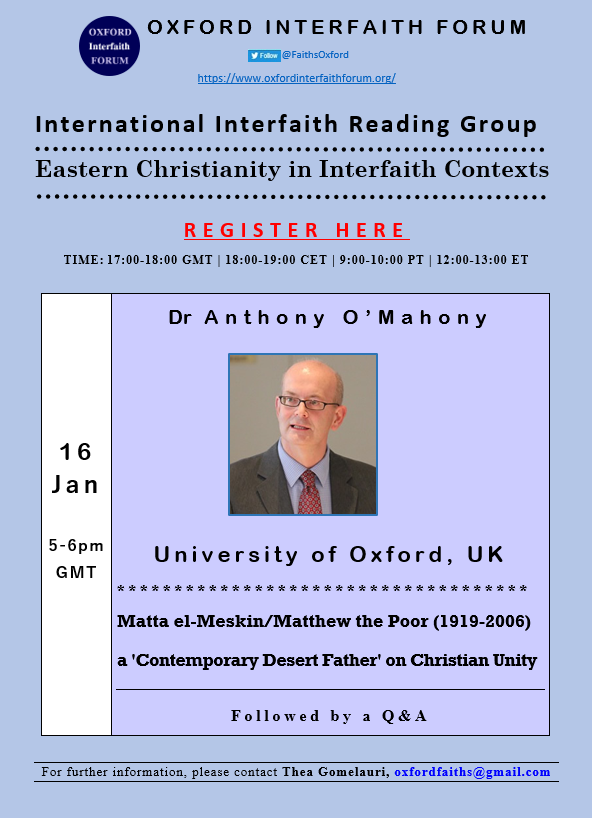
- Signs of Miraculousness: The Inimitability of Jacob of Serugh’s Teaching
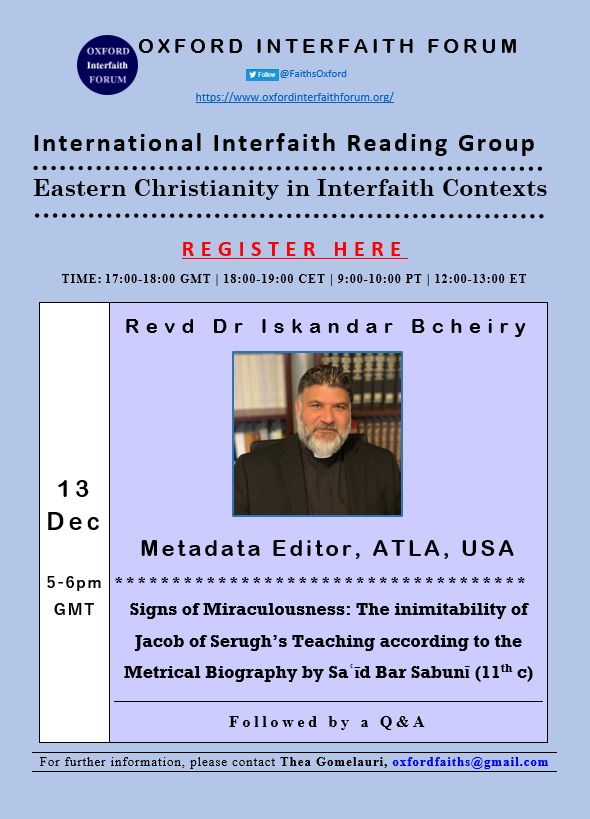
- Epistolary Style in Coptic Letters from the Late Third Century to the Early Fifth Century
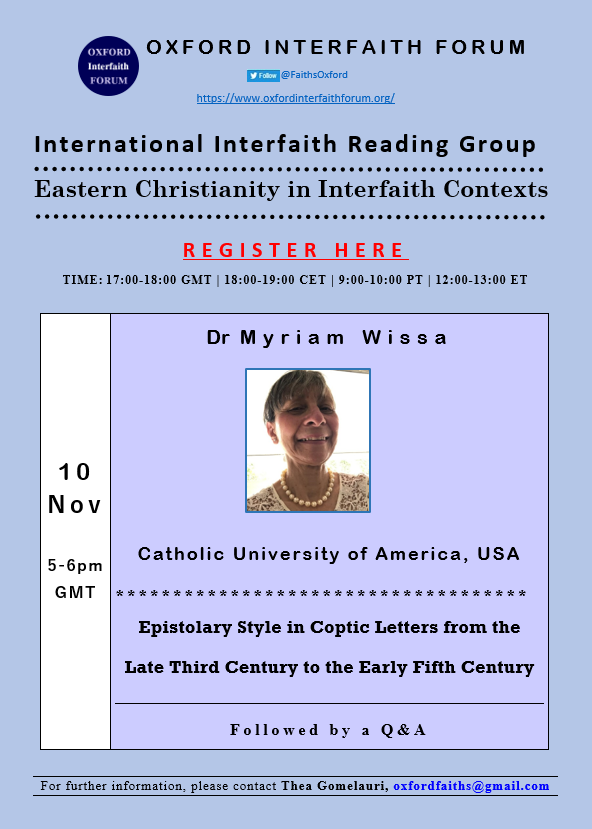
- Sarah and the Akedah: a Syriac Narrative Poem on Genesis 22
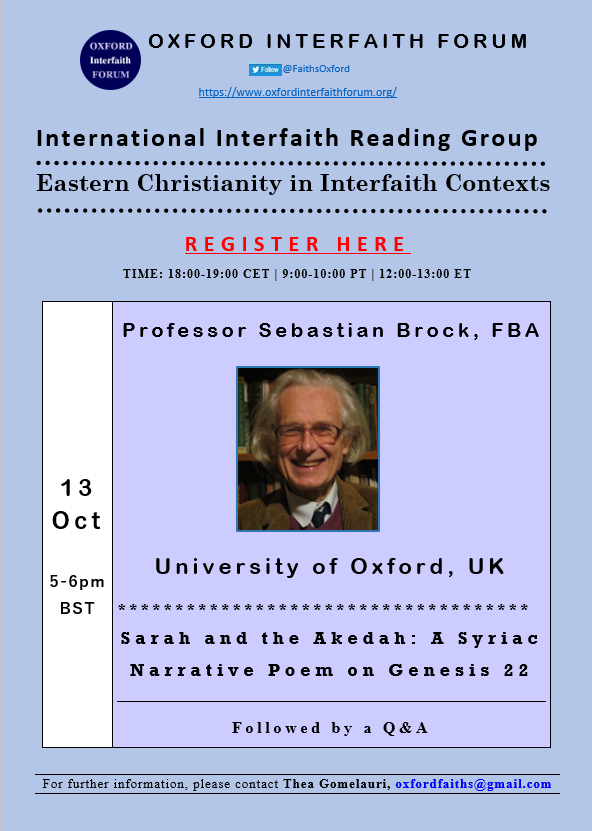
- The Paterik of the Kyivan Caves Monastery: Monk Polikarp in Discourse 14
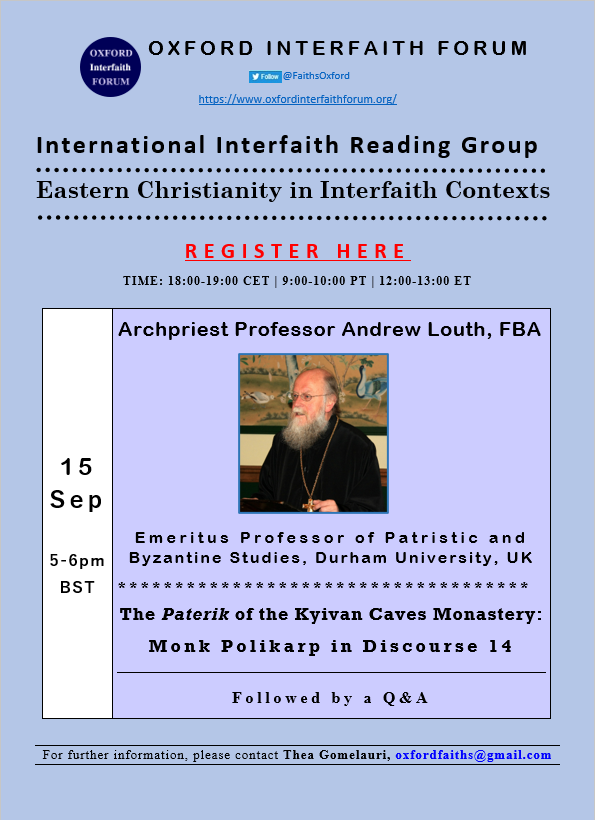
- Jacob of Sarug on the Canaanite Woman (Mt 15:21-28, Mk 7:24-30): Biblical Storytelling and Models of Faith
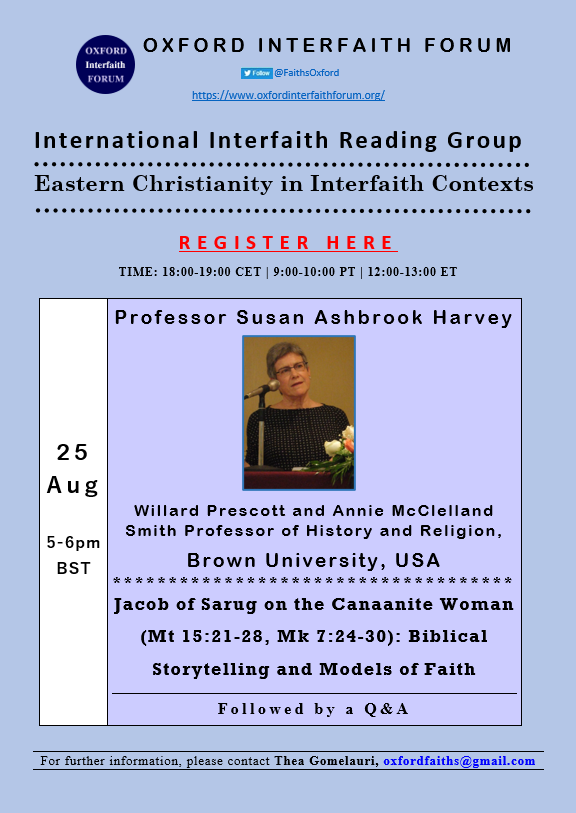
- Commemorating the saints at Turfan: Mart Shir and Mar Barshabba
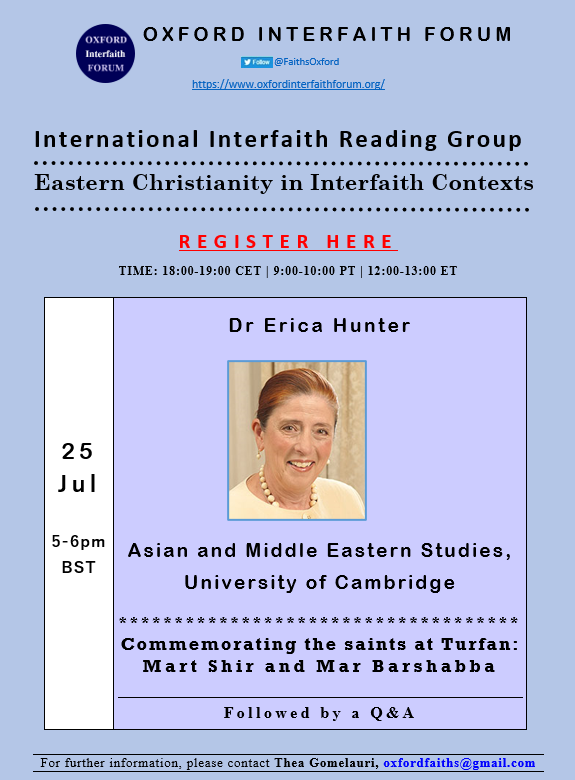
- The Opening Prayers of Saint Gregory of Narek’s Book of Lamentations
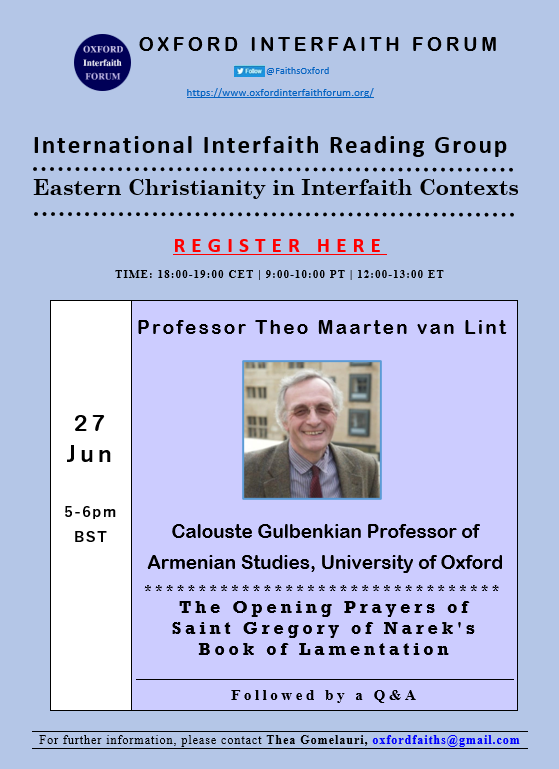
- Alexander Schmemann on Theotokos vis-à-vis Kali a Hindu Mother Goddess
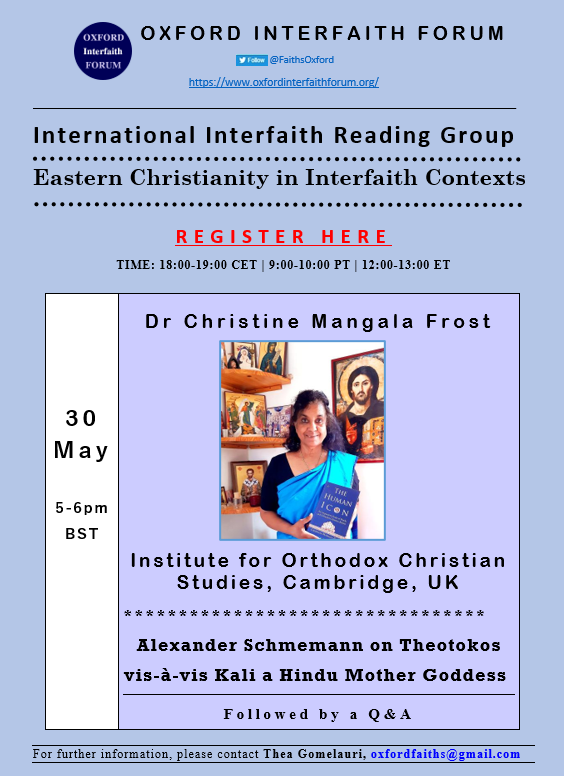
- Enoch and the Fallen Angels in the Ethiopian Tradition
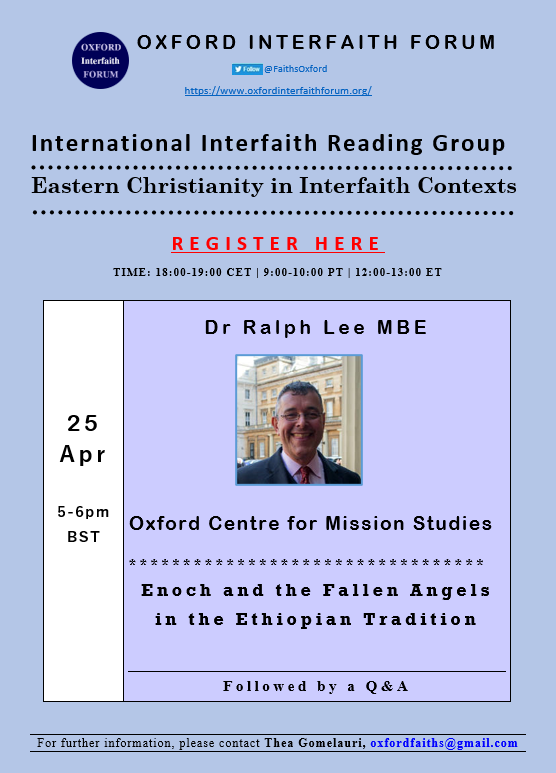
- Narsai on the Virgin Mary
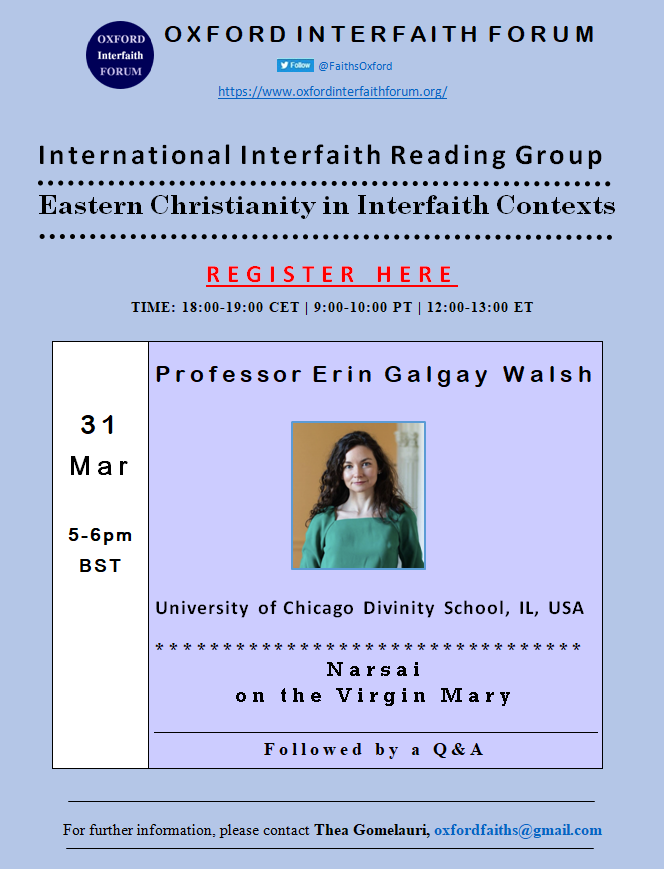
- An Anonymous Syriac Dialogue between Mary and the Angel
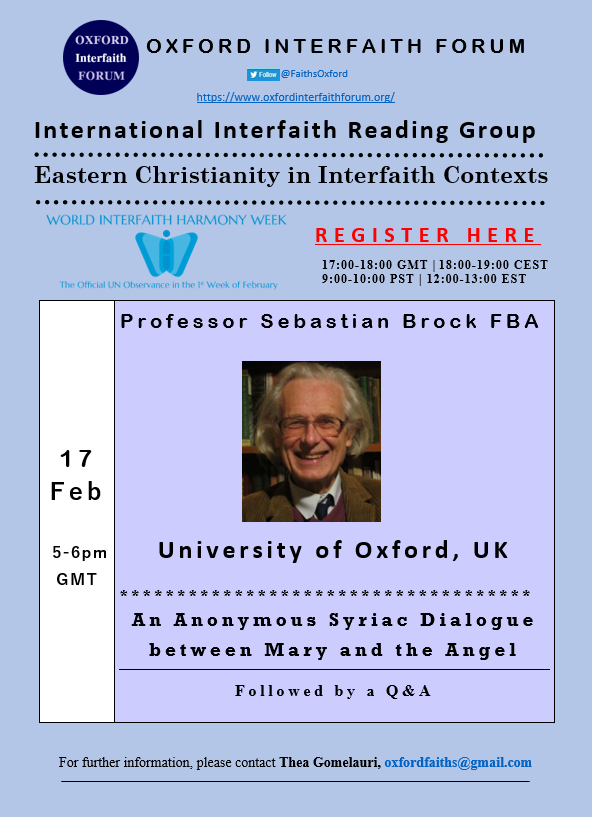
- Dadisho of Qatar: Questioning the Desert Fathers
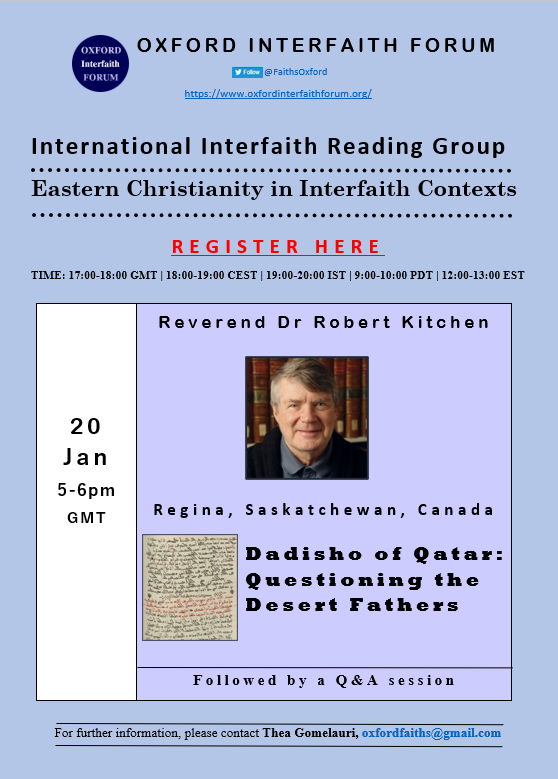
- George the Athonite on Matters of Faith and Rite, According to the Life of St George the Hagiorite
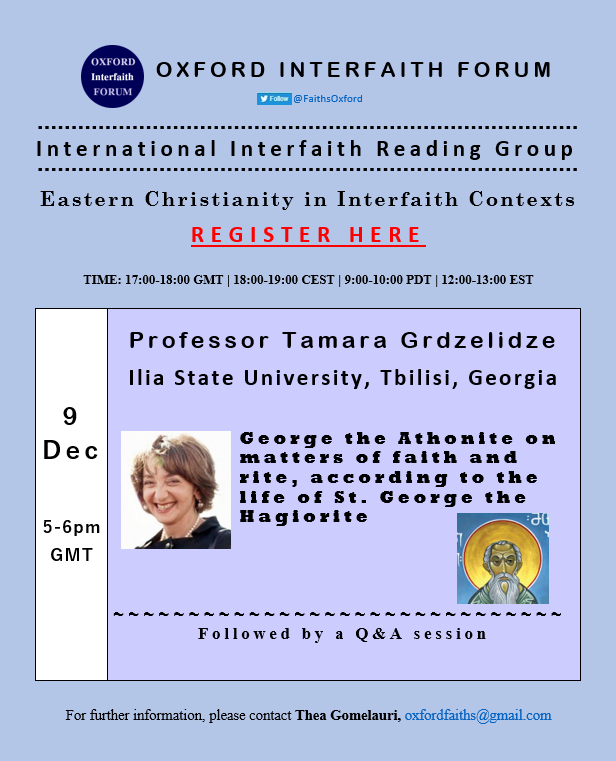
- Temple, Shekhinah and Prayer in Isaac of Nineveh’s III.VIII
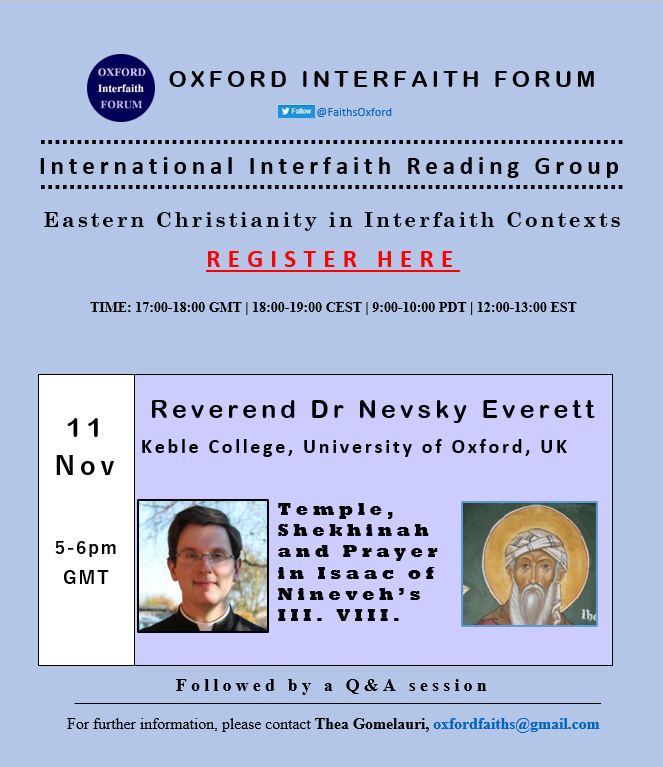
- St. Ephrem’s Commentary on Genesis Ch.3
